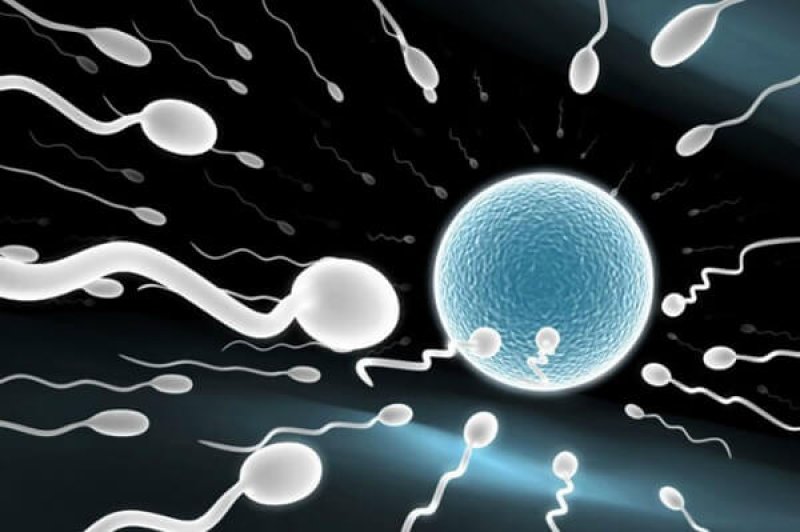A cultural phenomenon is growing these days in the world of gamete donation. The voices of the donor-conceived are growing louder and clearer, and the vast majority express that knowing or having known the identity of their donors is better than not knowing, psychologically-speaking. From actively listening to them, we learn that having a complete sense of one’s biological origins fosters a more whole identity, which can positively impact self-confidence (not to mention the importance of knowing one’s family medical history). They also prefer knowing and connecting with their half-siblings, just as anyone would want to know their first-degree genetic relatives. Furthermore, the vast majority of surveyed donors show that they not only think about the children they’ve helped to create, but also indicate a strong preference toward being able to know them.
Although anonymous gamete donation is banned in 11 countries at the time of writing, the United States still lags behind in making such an ethical determination. There are numerous obstacles to banning donor anonymity in this country. In the meantime, the availability of all-open gamete donation clinics would offer an alternative option to those who want to do the right thing for their children while supporting organizations that follow this principle as a matter of regular practice.
First and foremost, an all-open gamete donation clinic, which we’ll call The Ethical Sperm Bank, would require all donors to make themselves available for contact with their offspring at any age. The donors would share photos, answer questions, share information about themselves, provide family medical history, and, optionally, have some required in-person meetings.
The GLP aggregated and excerpted this blog/article to reflect the diversity of news, opinion and analysis. Read full, original post: The Ethical Sperm Bank: An All-Open Sperm Bank. An Idea Whose Time Has Come































